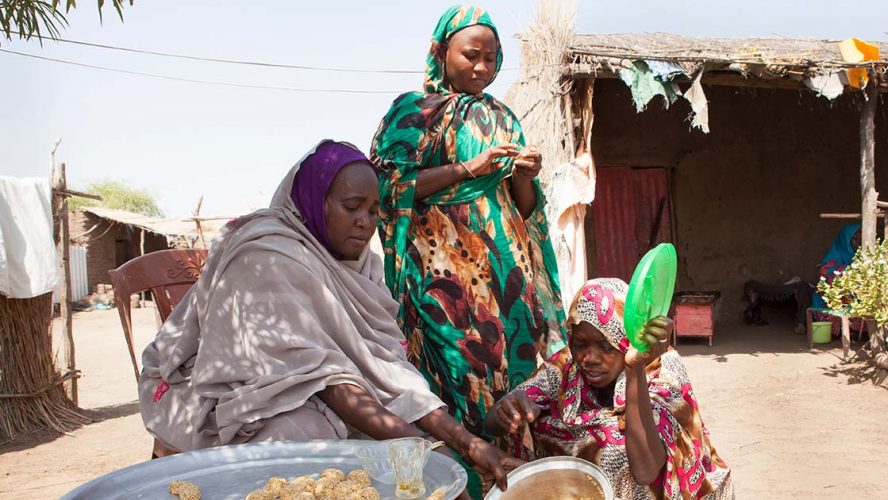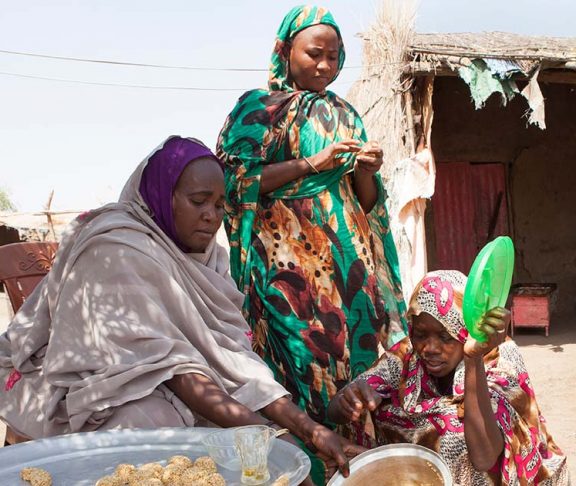
Dr Richard Swannell
International Director, WRAP
Fix the world’s flawed food system and we can make giant strides towards one of the biggest challenges of our times – securing the future wellbeing of both people and planet.
The food system is stuck in a deadly cycle. Global food systems are responsible for 70% of freshwater extraction, around 70% of biodiversity loss and up to a third of human greenhouse gas emissions. Action to deliver the changes that are needed has been a relatively low priority for policymakers.
The landscape is shifting though as recognition of the food system’s contribution to achieving net zero as well as the UN Sustainable Development Goals (UN SDGs) gains momentum. We have shown through our internationally renowned Courtauld Commitment how policy, which drives systemic change across the supply chain and aligned with citizen action, can be a powerful force for change.
Global food systems are responsible for 70% of freshwater extraction, around 70% of biodiversity loss and up to a third of human greenhouse gas emissions.
Our solution to the flawed food system
We worked on our visionary Food Futures Report 10 years ago. Many of the solutions we offered are still relevant today:
- Decarbonise the entire supply chain and build in resilience, to make the supply chain less vulnerable to external shocks such as water scarcity, extreme weather and global pandemics, the effective use of innovation and data-enabled technology could play a key role in reducing carbon emissions, increasing productivity, resource efficiency and the climate resilience of the food system.
- Tackle food loss and waste. Recent reports by United Nations Environment Programme (co-authored by WRAP) and the FAO suggest that at least a third of all food produced is wasted. It requires a farmland area the size of China to grow the food that is thrown away every year and it is valued at well over USD £1 trillion. Globally, progress towards the UN SDG 12.3 target to halve food waste by 2030 is patchy and this needs to be addressed.
- Align health and sustainability. There is a greater understanding of the synergies and trade-offs between dietary preferences and the environmental impacts of food supply chains. The FAO have argued that a global switch to healthy diets could help to reverse the slide into hunger, offset the healthcare costs from unhealthy eating and cut the diet-related social cost of greenhouse gas emissions by up to 75%.
All of this will require major shifts in our own lifestyle choices, but the benefits are transformational. If we work together to fix food, we can all play our part in restoring our planet to all its life-enhancing, nurturing potential.
WRAP is one of the globe’s leading sustainability charities. Based in the UK and with projects around the world we work with businesses, governments, citizens and charities to make the planet a healthier, safer place.
For more information go to wrap.org.uk

